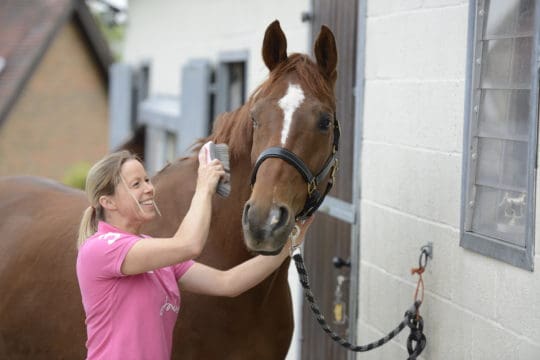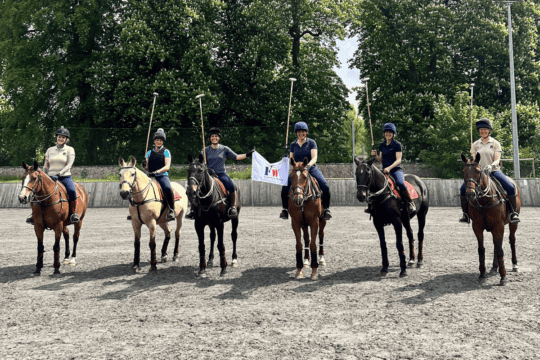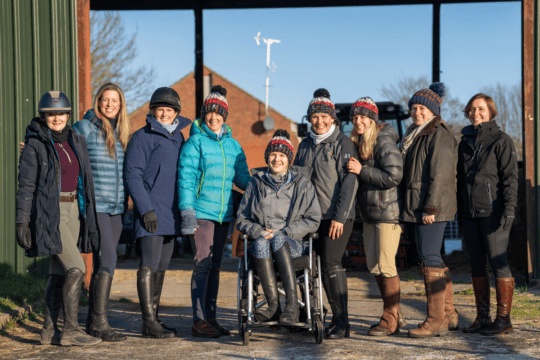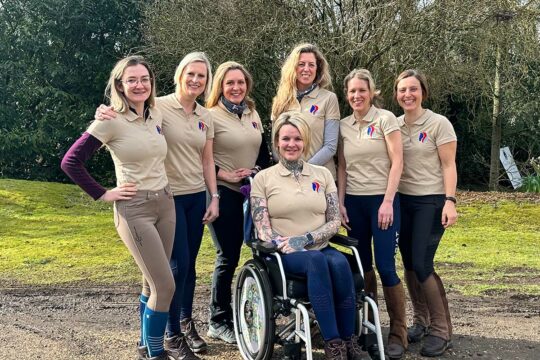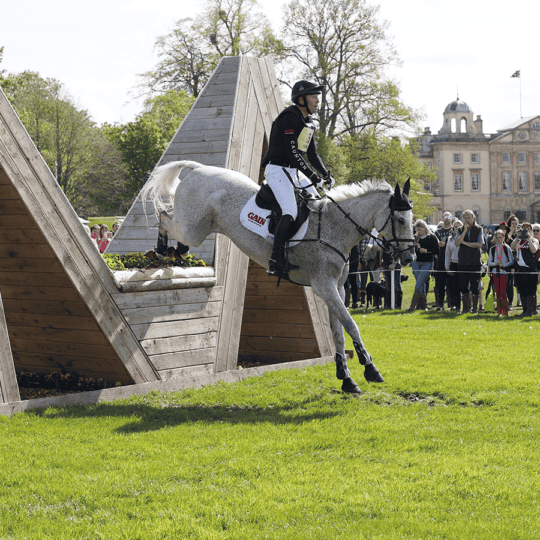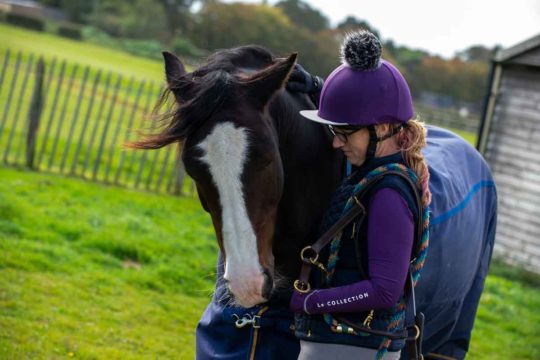
Most Read Articles
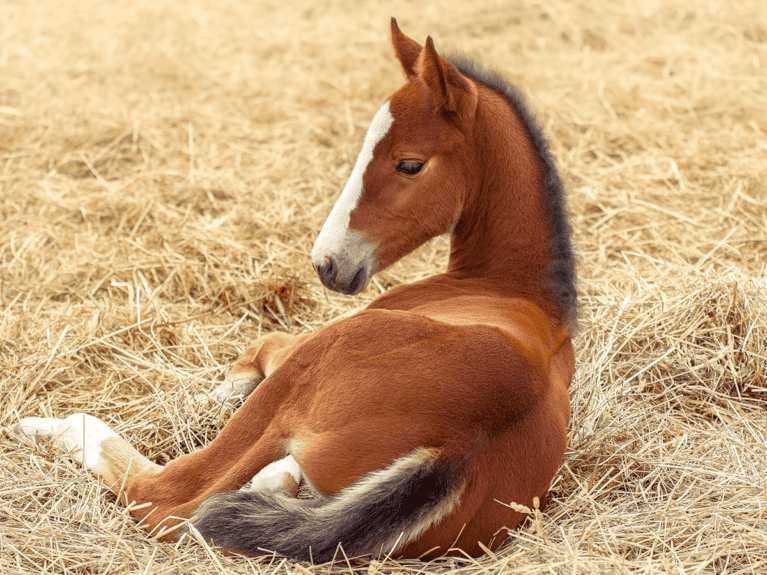
New research shows that Thoroughbred breeding practices are having an impact on pregnancy success
Recent research by the Royal Veterinary College (RVC), in collaboration with Cornell University, has shown that inbreeding in Thoroughbreds is having a negative impact on the successful outcome of pregnancies.
Around 5–10% of equine pregnancies end with miscarriage at an early stage, with a further 7% being lost at mid-to-late term. In the first study of its kind, researchers looked at the effects of inbreeding on mid- to late-term pregnancy loss (MLPL) to discover if there was any significance and, if so, provide knowledge that could help reduce the likelihood of this.
Inbreeding is widespread in the livestock industry as individuals with desirable traits are used for breeding purposes. If this is done excessively, the chances of passing on recessive genes is increased so that they become more significant and more widespread within the population. Some of these genes can be detrimental to breeding, for example by being associated with retained placenta and lower semen quality in horses.
The research team, led by Alborada Trust Research Fellow at the RVC Dr Jessica Lawson, Professor de Metre from the Baker Institute for Animal Health at Cornell University and previous PhD student Charlotte Shilton, analysed DNA samples from 189 horses, including a control group. It was found that the MLPLs had higher inbreeding metrics than those found generally in UK Thoroughbred adults. This was in contrast to early pregnancy loss, which showed no significant difference in these inbreeding metrics.
Although more research is needed to add depth to the results, this study shows how important it is to make the right decisions when pairing mares with stallions to ensure they are not too closely related.
Dr Lawson said: “This research provides critical evidence showing that mating highly related individuals does have a tangible effect on our breeding operations, as there is a real risk of a mare losing her pregnancy late in gestation and failing to produce a foal at all that season.
“The take home from our work should be to carefully consider breeding choices that involve mating of highly related animals as, ultimately, this may increase the chance of the foal inheriting mutations that may not be compatible with life. We are currently working on the next step, looking to identify these changes so more specific advice can be provided in the future.”
For more information, visit rvc.ac.uk
Photo credit: RVC

